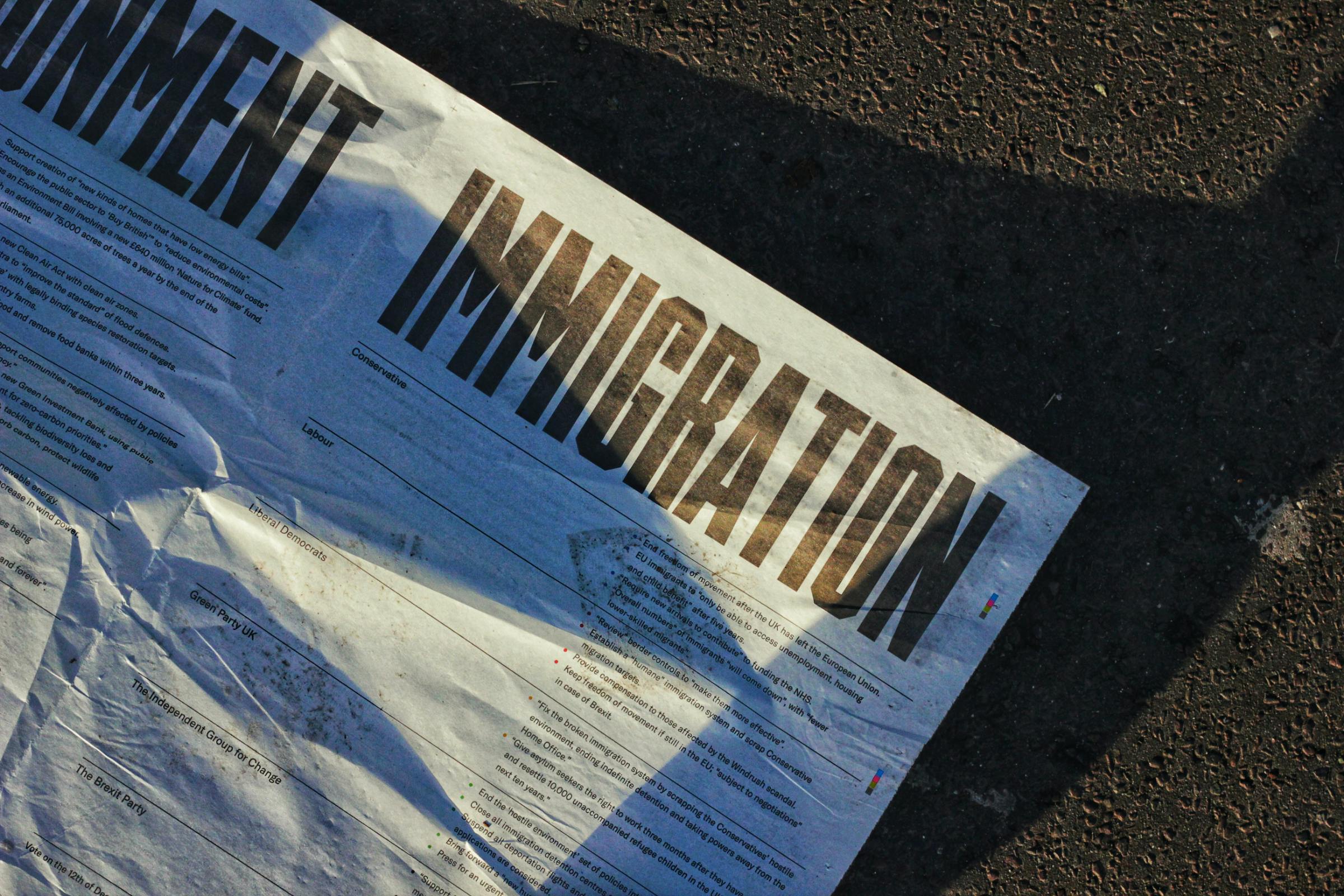As part of the Biden Administrations move to create more efficiencies within the U.S. immigration system, a new policy will go into effect as of May 17th, 2021 regarding work permit applicants and their biometrics appointments. The Biometrics appointment is a way for the USCIS to provide an added layer of security when dealing with any immigration applicant (non-citizen). For example, Biometrics appointments are used for green card applicants, asylee and refugee applicants, N-400 naturalization applicants, for applicants who want to replace a lost or stolen green card, and also for non-immigrants who are seeking an extension on their currently held visa.
In short, the Biometrics appointment, especially for the past four years, has been a fundamental part of U.S. immigration. An applicant’s fingerprint scan is forwarded to the FBI, so that they can run a background check on the applicant and make sure that the applicant is not inadmissible to the United States before the rest of their application is adjudicated. If you locate almost any USCIS form, you will see that an additional charge of $85 for the completion of that form is meant for a Biometrics screening.
Extended Processing Times
However, this added layer of protection means that processing times are extended, sometimes by several months, which creates complications with non-citizens who are seeking jobs and need income, but have gaps in their resumes and working lives because they have to wait for the Biometrics scan to be processed. Thus the new policy will help to create efficiencies as promised to certain classes of immigrants who can receive a work permit faster and therefore start working when they need to.
With Whom Does the Policy Affect?
The new policy is meant for dependents of L1 and H1-B visa holders. This refers to both the unmarried children who are under the age of 21, and spouses of the principal visa holder. The L1 visas are employment visas issued to business owners who have branches of a US based business in other countries as well. The H1-B visa is for highly specialized workers with advanced degrees and usually applies to scientists or engineers. In effect, spouses and children of these visa holders will no longer need to submit to a Biometrics appointment in order to receive a work permit, or to renew their permit. The policy is meant to, as mentioned above, streamline the process and prevent such workers from potentially losing their jobs because of USCIS wait times.
The policy also helps companies from a business and HR perspective. Companies need to spend significant amounts of money to hire, recruit, and train replacements if needed. This policy should help companies retain talent because working authorization will become less of an issue.














